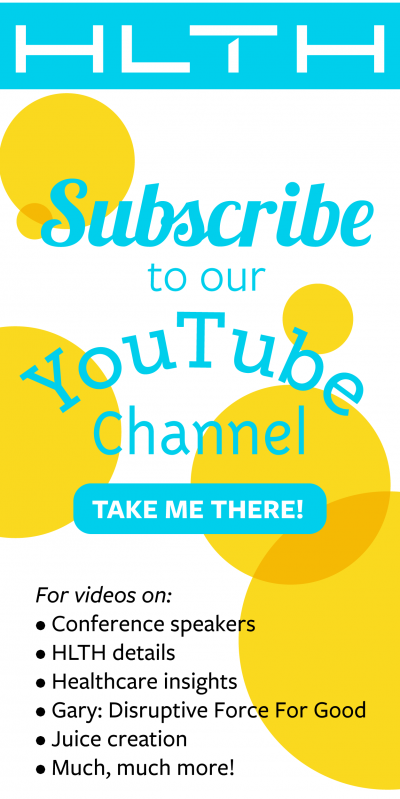Woody Allen has a famous quote: “My hypochondria is genetic.” While he gets a few laughs for his clever observation, what he really gets is credit for pointing out, long before the rest of us, that mental health impacts physical health and physical health impacts mental health. Case in point: we’ve seen Woody on a psychiatrist’s sofa as often as we have seen him on the physician’s table – dealing with the same set of symptoms!
It’s becoming very clear that poor mental health negatively impacts physical health. It’s been shown that depression can lead to an increased risk of conditions, including heart disease and cancer. As a result of the symbiotic relationship between mental and physical health, more health providers are being instructed to pay attention to, and evaluate, the psychological well-being of a patient when they are addressing their physical symptoms, and vice versa.
As consumers, we know this intrinsically – we go for a walk when feeling down, or seek out something to improve our mental state when physically ill.
There is arguably a fundamental awareness by the health industry of the comorbidities linking mental and physical health. So how do we institutionalize this awareness, such that there is a collaborative approach to the treatment of mental and physical health symptoms? An approach that incorporates education, care plans AND financial incentives.
Professional health treatment, that incorporates both mental and the physical ailments, is one of the biggest needs and opportunities in healthcare. Innovative companies are developing disruptive solutions to increase availability and access for consumers suffering from the effects of the comorbidities of mental and physical “un”health. For example:
- AbleTo works with health plans to help identify patients in need of counseling and connects them with clinically supervised therapists and behavioral coaches for customizable counseling programs.
- Magellan Health, a managed healthcare company, connects behavioral, physical, pharmacy and social needs into a complete picture of care that’s personalized and coordinated.
- Quartet is bridging physical and mental care through data-driven insights. Their offering connects primary care physicians with a curated and expansive network of highly-qualified mental health providers, and improves outcomes for patients with chronic diseases.
From the consumer lens, individuals are making an effort to improve their mental health by turning to mindfulness. In addition to physician-led care, technology is showing promise to treat mood disorders, reduce self-perceived stress and boost feel-good serotonin. These tech-enabled solutions are accelerating the adoption of mindfulness to help humans thrive mentally.
- There are currently 1,000 mindfulness apps now available, according to Sensor Tower.
- Headspace, a digital service that provides guided meditation sessions and mindfulness training, is the top mindfulness app, with six million downloads and $30 million in recent funding.
- There is a burgeoning number of wearable gadgets designed to help people “zen out.” The popular Muse connected headband measures brain activity during meditation.
- Many cell phone providers offer affordable at-home virtual reality that can be combined with exposure therapy devices, including Zen Zone and guided meditation vr.
So let’s be “mindful” of what Woody Allen also said, “It reminds me of that old joke – you know, a guy walks into a psychiatrist’s office and says, hey doc, my brother’s crazy! He thinks he’s a chicken. Then the doc says, why don’t you turn him in? Then the guy says, I would but I need the eggs.”
To learn more about the many chicken and egg innovators championing solutions that don’t make care providers or consumers choose between mental or physical healthcare solutions, join the conversations taking place at HLTH.
Be sure to check out our other healthcare blogs leading up to HLTH 2018 on May 6-9th at the Aria Resort and Casino in Las Vegas. Latest blogs include:

